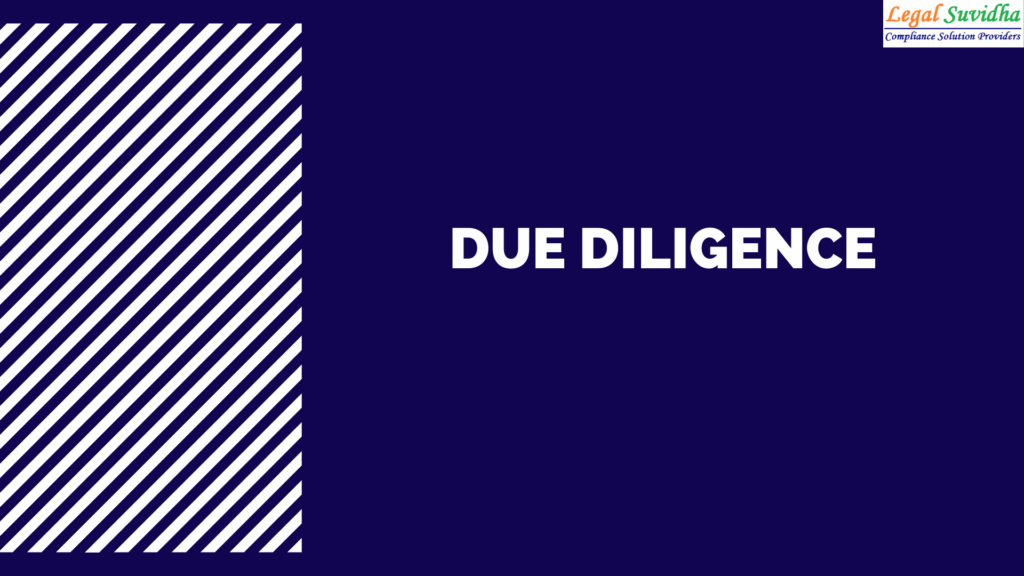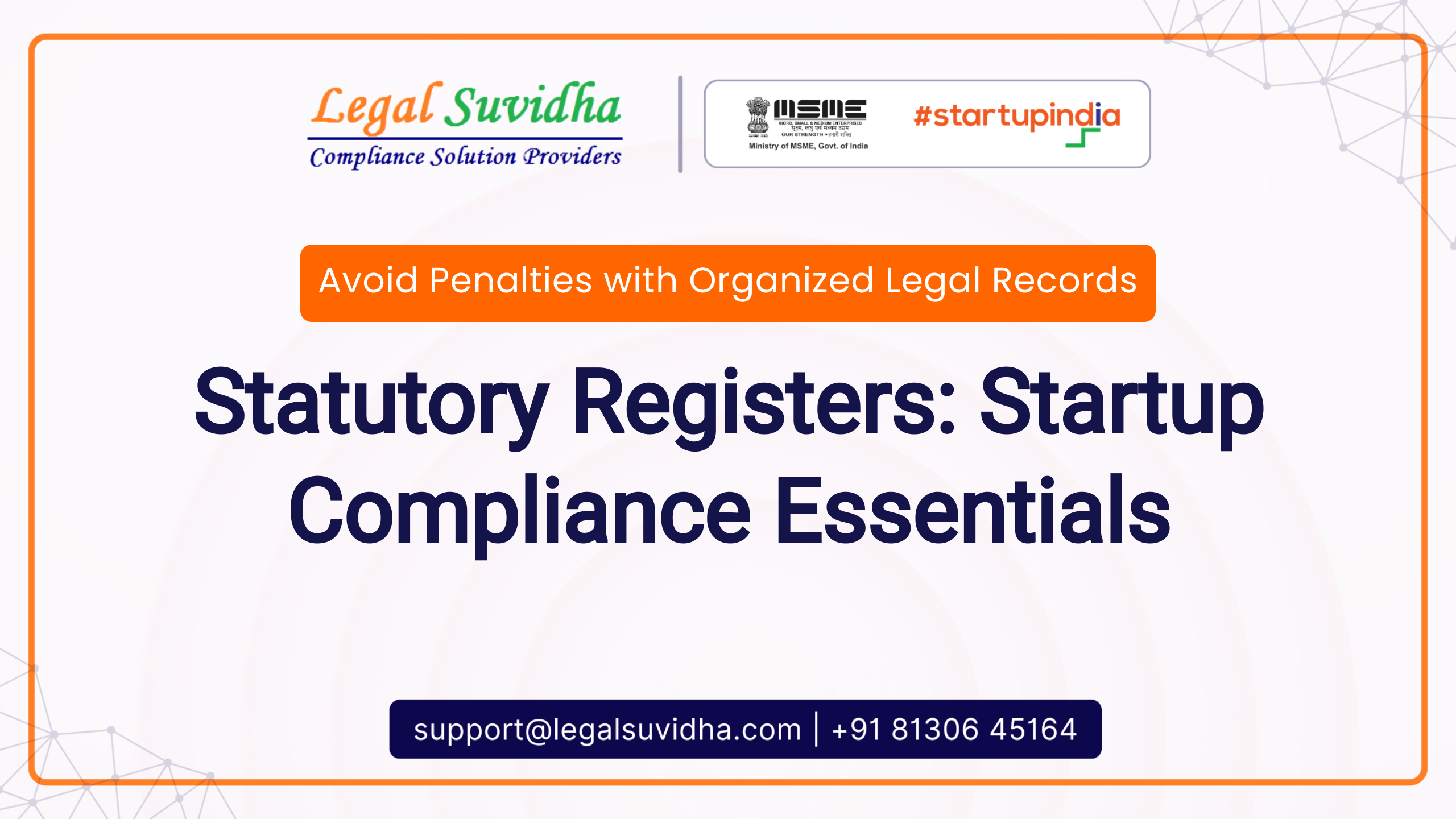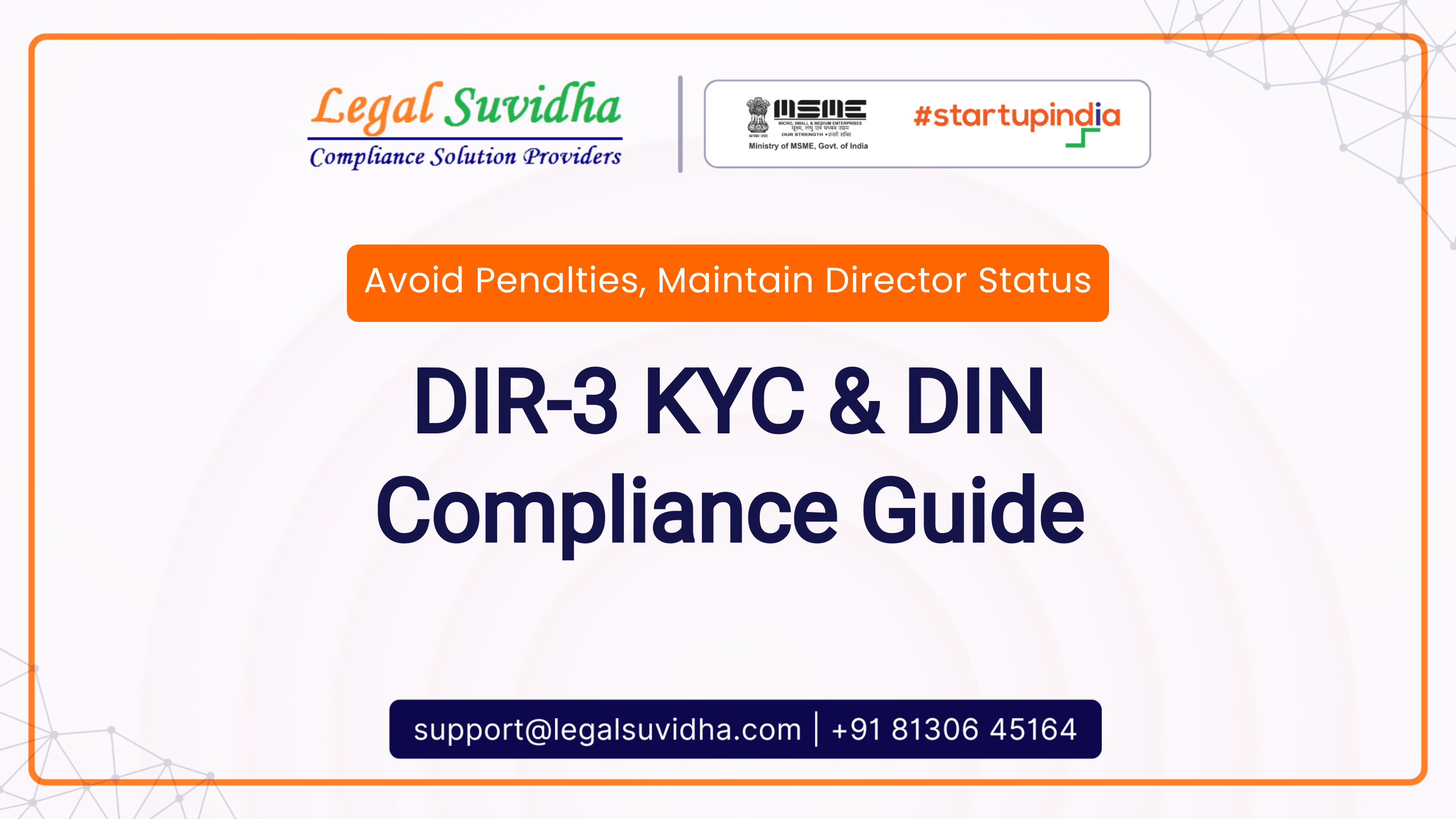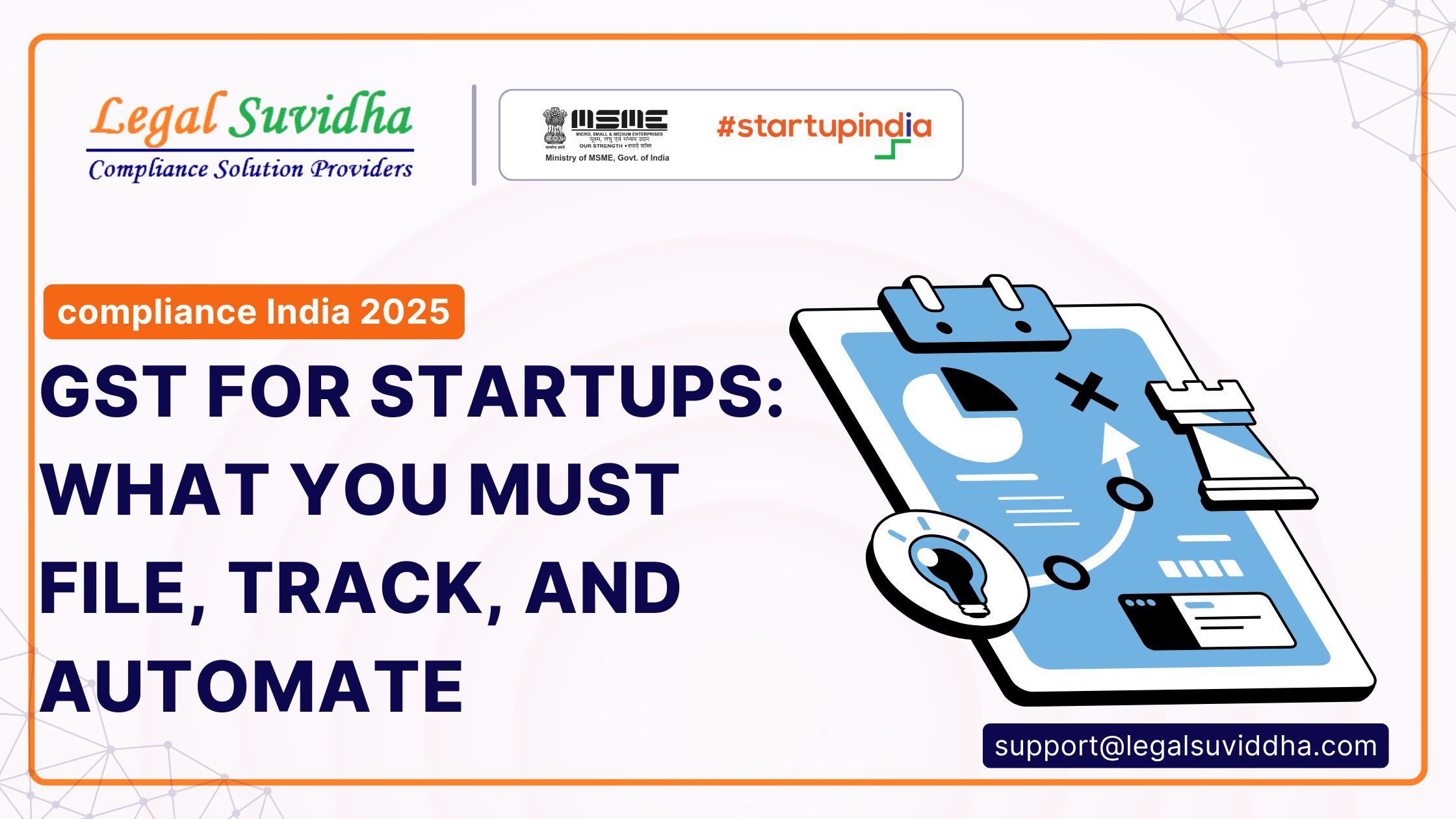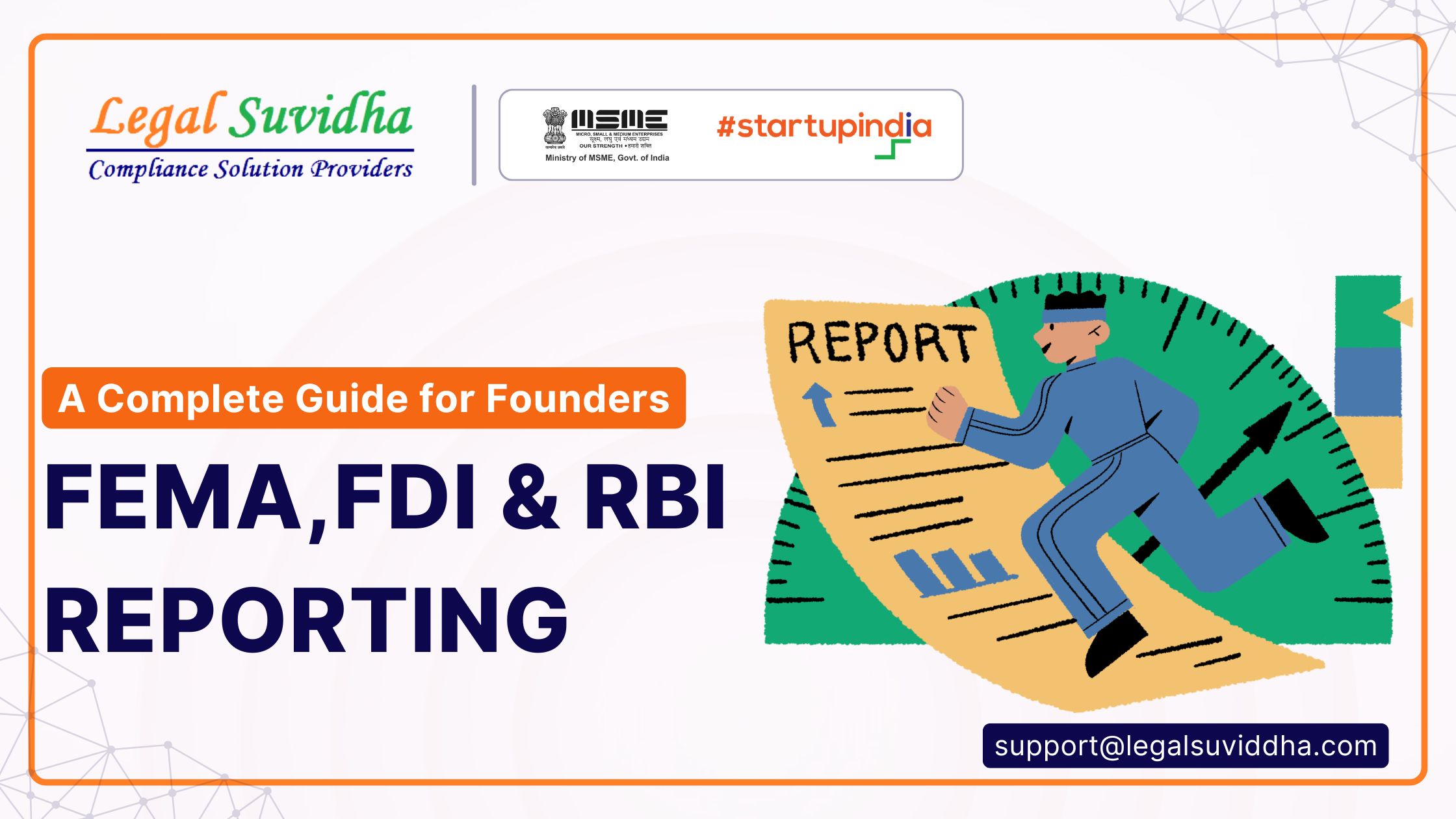DUE DILIGENCE- MEANING AND PROCESS
The process of due diligence is a continuous procedure to be carried out which is initiated right since the inception of the proposal of acquisition and goes on till the finalization of proposal into actual buyout.
The need for carrying out the due diligence has its roots from the legal concept of “Caveat Emptor” meaning “let the buyer beware”.
Due diligence provides more comfort to the buyer with regards to their expectations of potential benefits and synergies enjoyed out of the investments.
However, the purchase of investment without the proper due diligence gives rise to considerable risk since there may be grey areas which may not be evident per se and may significantly impact the decision of acquisition.
Due diligence might further provide an affirmation to the buyer that the proposed investment confirms to the capital and operational targets and the rationale for such investment.
Broadly speaking, due diligence is divided into the following categories:
- Financial Due Diligence;
- Tax Due Diligence;
- Operational Due Diligence.
The detailed process and checklist highlighting each of the above is as under:
A. Financial Due Diligence (FDD)
Financial due diligence is done for the review period, which is decided on a case-to-case basis. Generally, review period ranges from a time of 3 to 5 years. Before starting the FDD following are the documents that should be ready for the review period:
- Audited Financial statements;
- Unaudited Financial statements;
- Cash Flow statements;
- Income-tax returns.
Generally, the process starts with a comprehensive analysis of the financial statements of the target. A review of the target firm’s financing and capital structure is the foremost required.
Further, analysis should include details of short-term and long-term borrowings, the debt-equity ratios , interest and fixed charges coverage ratios of the Company, the nature and extent of assets kept as collateral against borrowings and the extent of dependability of the Company’s operations on those collaterals.
Financial due diligence also involves analysis of the cash flow statement. Examination of the quality of company’s relationships with its lenders and an ultimate opinion concerning the reliability and credibility of its financial statements.
Another important point is to verify whether the receivables are outstanding beyond a normal turnaround time and the extent of fruitful efforts made by the Company to realize its long dues;
Analyze the past sales trend of the Target and compare the credibility of the assumptions in the projections;
Analyze the loan agreements of the Target to evaluate whether any prior approval is required before such transaction;
Whether the Budget meets the actual data or there are variances.
Whether any of the past acts of the Company was done ultra-vires the powers granted to it vide the AoA and MoA and possible implications of such acts after the acquisition is materialised.
B. Tax Due Diligence
I. Direct Tax 00:02/02:08
A typical direct tax due diligence entails review of relevant documents from which the tax information can be sourced. The source to obtain the relevant tax information are as follows:
a) The financial statements of Target
b) Tax records of Target
The scope of the tax information is as under:
- Review of Income tax returns;
- Review of Tax audit reports;
- Withholding tax compliance;
- Tax depreciation claims;
- Analysis of international transactions with the associated enterprise;
- Review of the tax holiday exemptions;
- Analysis of the accumulated losses and impact of deal on such losses;
- Review of the expenses, keeping section 43B and section 40 in mind;
- Analysis of the past assessment records.
II. Indirect tax
The scope of Due diligence for indirect tax is as under:
- Relevant indirect tax information is normally available in the profit and loss account related schedules, notes attached to the financial statements, Auditors Report and Directors Report.
- The Notes to accounts disclose the contingent liability in respect of disputes against the company. The Auditor’s report discloses the details of outstanding indirect tax as well as disputed dues.
- Sometimes, the Director’s report includes foreign exchange earnings and outgo position and also discusses the status of ongoing tax litigation.
- Examining the contingent liability schedule and indirect tax provision created in books of accounts enables a reviewer to get an insight into indirect tax disputes between the company and the tax authorities.
- As the next step, ewer may ask the necessary questions/review relevant records to examine details of disputes between the target and the tax authorities and would then highlight the risk exposure.
- Generally, an entity liable to pay any tax has to obtain appropriate registration, pay appropriate taxes and file periodic returns under specific indirect tax legislation.
- The detailed tax records maintained by the company provide information regarding the indirect tax implications on the business carried out/services provided by the target.
- The returns furnished to tax authorities contain information such as the rate of tax applicable and the details of exemption claimed.
- Typically, under indirect tax laws, goods/services are taxed based on their classification. One finds that the tax authorities often raise disputes with regard to the classification of the goods/services.
- Hence, the reviewer must analyse the positions adopted by the target in this regard and comment on their tenability.
- The government has announced number of exemptions under GST. Often these exemptions are subject to many conditions and prescribed procedures.
- A reviewer has to analyses the appropriateness of the eligibility of exemption or the procedure followed or the records maintained with respect to exemption availed in respect of GST.
- Normally, tax paid at the time of the procurement of goods or services is eligible for set off against the output tax liability However, various Legislations prescribe detailed criteria for the eligibility of input tax credit.
- During the review, tax credit availed is reviewed, and test checks are carried out to identify and report exposure if any
- Records and returns are reviewed to ensure that appropriate input credit has been availed and utilized while discharging output tax liability and that the said liability has been paid (through credit or cash or both) on time.
- This also includes a review of the appropriateness of reversal of input tax credit on exempted services effected by the Target.

